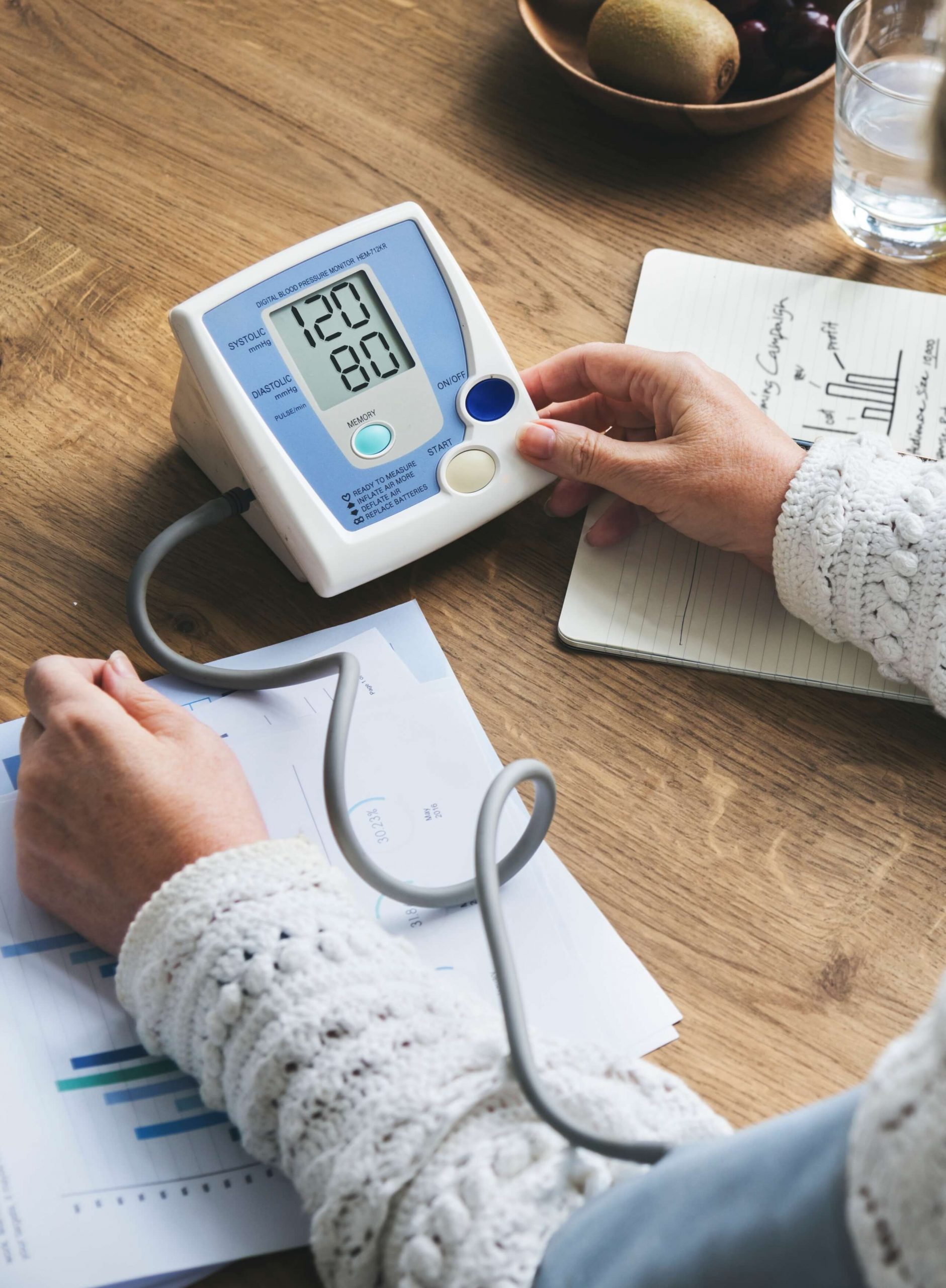An echocardiogram, often referred to simply as ‘echo’ by healthcare professionals, is a non-invasive medical test used to create detailed images of the heart’s structure and function using sound waves. Unlike an electrocardiogram (EKG), which records the heart’s electrical activity, an echocardiogram provides visual information about the heart’s chambers, valves, and blood flow patterns.
While both tests play crucial roles in evaluating cardiac health, they serve distinct purposes. An EKG primarily detects irregularities in heart rhythm and conduction, while an echocardiogram helps diagnose structural abnormalities and assess overall heart function.
In this article, we explore the role of echocardiograms in cardiac care, distinguish them from EKGs, and examine Medicare coverage for these essential diagnostic tests.
Does Medicare cover a routine Echocardiogram?
Medicare covers echocardiograms when deemed medically necessary by a healthcare provider.
A doctor might recommend an echocardiogram to evaluate various conditions such as heart valve disease, heart failure, or congenital heart defects. Medicare typically does not cover echocardiograms for routine screening purposes in asymptomatic individuals. Coverage is contingent upon the medical necessity as determined by a healthcare provider.
Where can I go to get an echocardiogram?
Echocardiograms are commonly performed in hospitals, outpatient clinics, and physician’s offices. To get an echocardiogram, beneficiaries must first consult with their healthcare provider to determine if the test is medically necessary and if it meets Medicare coverage criteria.
Once a doctor orders the test, beneficiaries can schedule an appointment at a Medicare-approved facility that offers echocardiography services. Make sure the facility accepts Medicare assignment to minimize out-of-pocket costs.
Does Medicare cover an EKG?
Medicare covers electrocardiograms (EKGs) when medically necessary.
As we explained above, an EKG is a diagnostic test used to assess the electrical activity of the heart and identify abnormalities in heart rhythm. Medicare may cover an EKG if a healthcare provider orders it to diagnose or monitor heart-related conditions such as arrhythmias, heart attacks, or coronary artery disease.
Medicare generally does not cover routine or screening EKGs in the absence of specific symptoms or indications of heart disease. It does, however, pay for one asymptomatic screening EKG in your lifetime. A doctor must order the EKG as part of your Welcome to Medicare visit.
Beneficiaries must further undertake the Welcome to Medicare visit within the first 12 months of enrollment to avail of this facility.
Where can I go to get an EKG?
To reiterate, healthcare providers can perform EKGs in various healthcare settings, including physician’s offices, hospitals, and outpatient clinics. Beneficiaries who require an EKG must consult with their healthcare provider to determine if the test is medically necessary and if it meets Medicare coverage criteria.
Once the doctor orders the test, beneficiaries can schedule an appointment at a Medicare-approved facility that offers electrocardiography services. It is important to verify that the facility accepts Medicare assignment and to inquire about any potential out-of-pocket costs associated with the test.
With CoverRight on your side, navigate your Medicare coverage with confidence and clarity for essential tests like echocardiograms.
FAQs
1. How much does an echocardiogram cost?
The cost of an echocardiogram can vary depending on several factors, including the location of the test, the provider’s fees, and whether the beneficiary has insurance coverage, such as Medicare.
Under Medicare Part B, beneficiaries typically pay 20% of the cost for covered services, after meeting the deductible. The exact out-of-pocket cost for an echocardiogram, however, will depend on factors such as whether the provider accepts Medicare assignment, any applicable deductibles, coinsurance, or copayments, and whether the beneficiary has supplemental insurance coverage.
To obtain an estimate of the cost, beneficiaries must contact their healthcare provider or the facility that will perform the test. Beneficiaries can also consult with Medicare or their supplemental insurance provider to determine their coverage and potential out-of-pocket expenses.
2. What other chest/heart scans does Medicare cover?
In addition to echocardiograms, Medicare covers various other chest and heart scans when deemed medically necessary by a healthcare provider. These tests include, but are not limited to:
- Cardiac stress tests
- Cardiac CT scans (computed tomography)
- Cardiac MRI (magnetic resonance imaging)
- Nuclear medicine scans (myocardial perfusion imaging, for instance)
- Cardiac catheterization (angiography)
Coverage for these tests may vary depending on factors such as the specific circumstances of the test, the provider’s recommendation, and whether the test meets Medicare coverage criteria.


